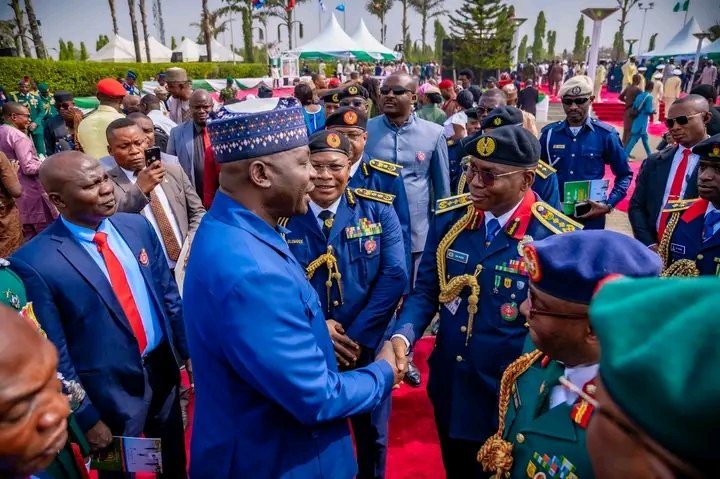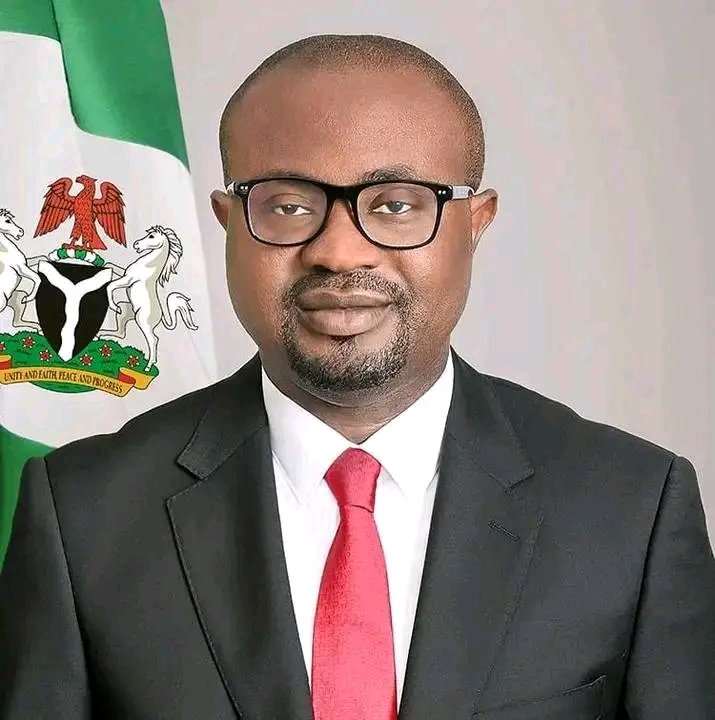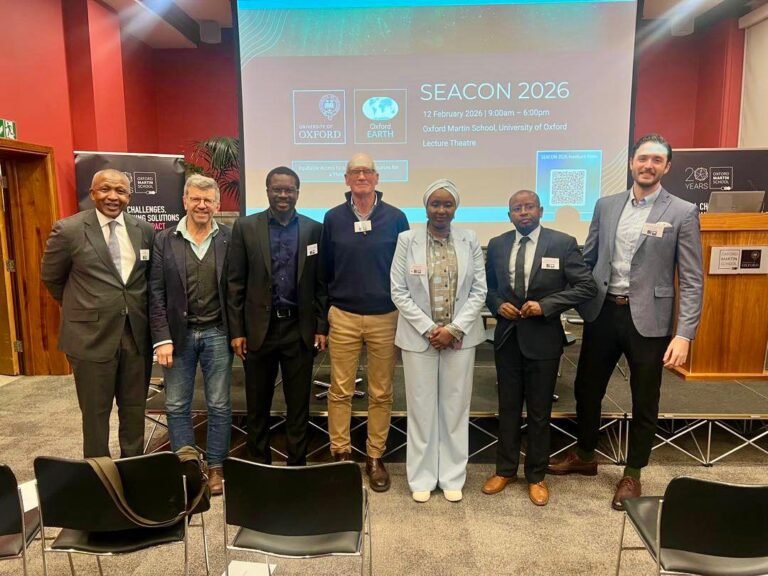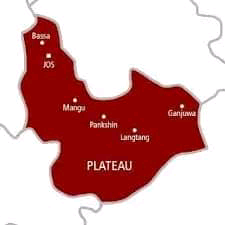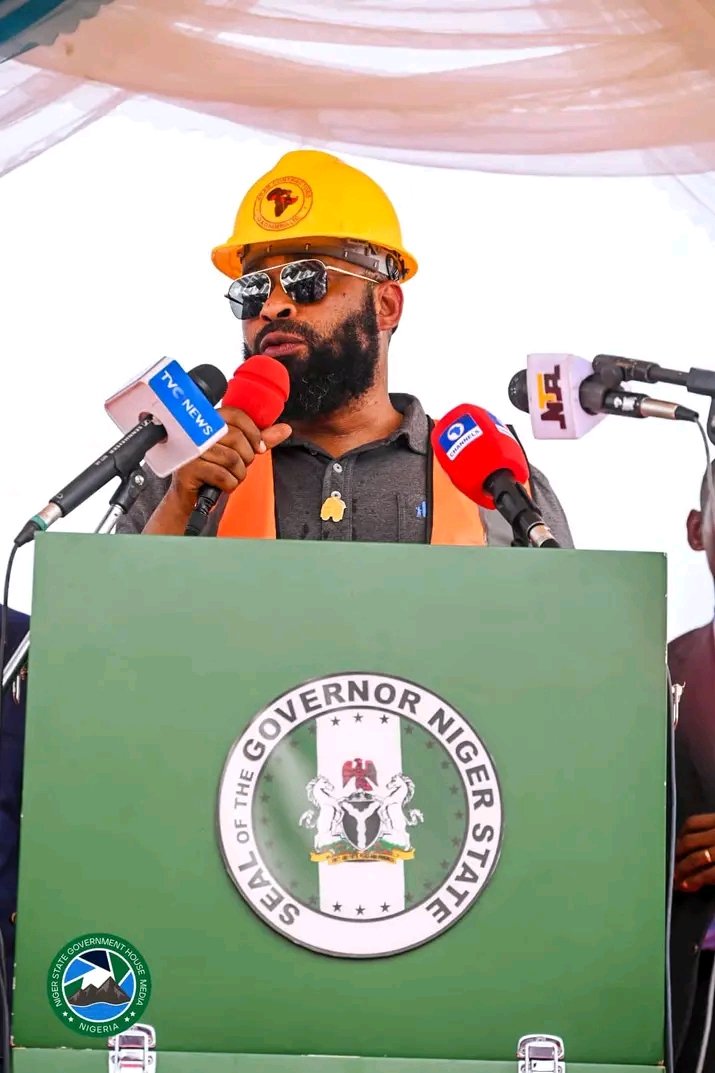
Governor Umar Bago
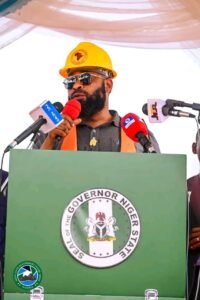
COP30: Niger State Makes Strong Case for Climate Financing
By Aliyu Umar Aliyu
Niger State has reaffirmed its position as one of Nigeria’s emerging climate-resilient investment hubs, aligning its Green Sustainable Agenda with the bold national climate direction unveiled by the Honourable Minister of Regional Development, Engr. Abubakar Momoh FNSE, at COP30 in Belém, Brazil.
At the high-level event where the Federal Government launched the Integrated Climate Action Plan (ICLAP-MRD) 2025–2030, global attention focused not only on Nigeria’s national commitments but also on sub-national governments demonstrating readiness for large-scale climate investment. Niger State stood out prominently among them.
The ICLAP-MRD blueprint, covering climate-smart agriculture, renewable energy, carbon markets, green entrepreneurship, early-warning systems, and clean-tech transitions, mirrors many of Niger State’s homegrown reforms already underway. These reforms have benefitted from international expertise, including the technical advisory role of Dr. Nsikan-George Emana, Senior Project Manager for Bilateral Cooperation and International Compliance at myclimate Foundation (Switzerland & Germany). Dr. Emana, who serves as an international consultant to Niger State, has contributed significantly to strengthening the state’s climate-action framework, especially in areas of carbon market readiness, international compliance, climate finance access, and capacity building for state institutions.
Speaking earlier in Belem, the Deputy Governor of Niger State, Yakubu Garba, emphasized that Niger’s climate action is both a local imperative and a strategic contribution to Africa’s global climate targets. “Investing in Niger means investing in the resilience of over six million people, in food security, and in the protection of critical ecosystems that sustain Nigeria’s environmental balance,” he said.
Garba highlighted advances under the state’s Green Sustainable Agenda, where climate-smart agriculture, afforestation, clean energy deployment, water-resource protection, and youth-driven waste-to-wealth initiatives have taken root. However, he noted that the pace and scale of implementation require stronger global collaboration, concessional financing, and private-sector confidence, areas in which Niger State is already engaging international partners like myclimate and other development institutions.
He further stated that Niger is prioritizing technology transfer, low-carbon innovations, renewable energy clusters, and digital climate-information systems to boost productivity across communities. Dr. Emana’s ongoing work in helping the state design internationally compliant frameworks, especially for carbon accounting and climate-finance access, has been essential in positioning Niger State to take advantage of global investment opportunities linked to COP30 outcomes.
The Deputy Governor added that youth participation remains a core pillar of the state’s climate transition, with plans to establish green innovation hubs, renewable-energy centres, and modern agricultural technology programmes. These efforts are aimed at unlocking jobs, strengthening community resilience, and building long-term climate-smart value chains.
He acknowledged the direct impacts of climate change on Niger’s rural communities, including droughts, unpredictable rainfall patterns, desert encroachment, flooding, and declining agricultural yields, while stressing that the state has already rolled out community-based adaptation programmes integrating indigenous knowledge with modern solutions such as land restoration, irrigation support, and early-warning systems for farmers.
With Nigeria’s national climate blueprint now launched at COP30, Niger State plans to deepen its international partnerships, expand carbon-market investments, and attract climate-finance flows to scale ongoing initiatives. The state reaffirmed its readiness to work with global institutions, development partners, and climate-investment platforms to accelerate resilience building and green economic growth.
Niger State is stepping forward with clarity, consistency, and confidence, signaling to the global community that it is ready for ambitious climate investment and long-term sustainable development.
Aliyu Umar was the Head, Media Sub. Committee of the maiden Niger State Green Economy Summit. He is also the Spokesperson of the Bureau of Public Service Reforms (BPSR). Aliyu can be reached via proaliyu75@gmail.com


